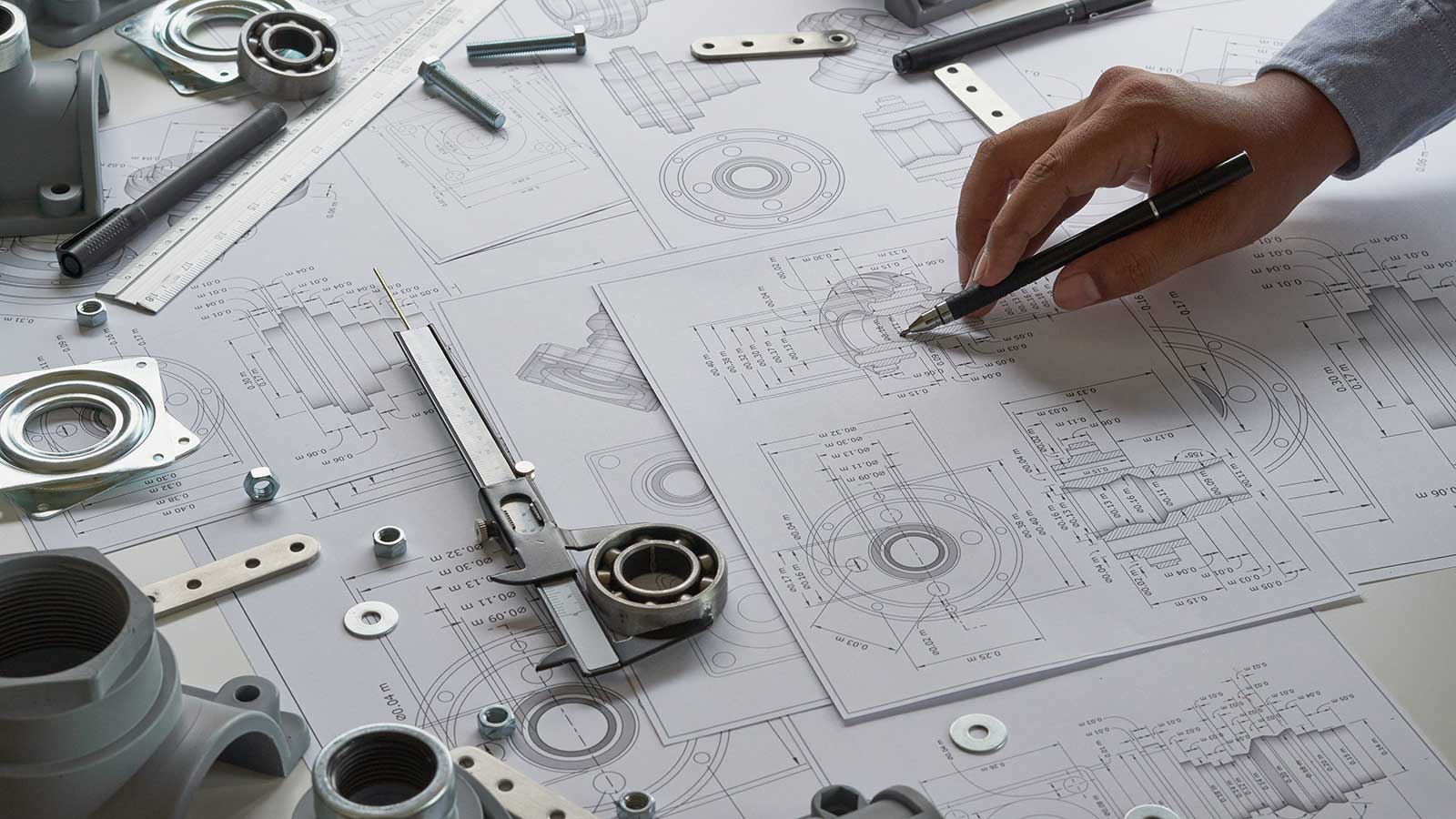
Develop Your Expertise in a Rapidly Evolving Field
Look toward industry-directing influence with a PhD in Electrical and Computer Engineering from Clarkson University. To reach the top of your field or to become a well-rounded academic, expand your understanding of communications and signal processing, power systems, biometrics, metamaterials and more subdisciplines. Devote your studies to developing innovative technologies and conducting groundbreaking, impactful research.
Why Earn a PhD in Electrical and Computer Engineering From Clarkson University?
You already have the real-world experience and a lengthy list of accomplishments to your name. Apply what you've acquired and continue growing your skills to contribute to new technologies and innovative advancements in electrical and computer engineering.
Your motivation, plus personal attention from our nationally recognized faculty, prepares you to surge ahead. Thrive in a team-based, collaborative and interdisciplinary environment where you'll engage in important, world-class research. Let your ideas flourish while deepening your expertise and tackling complex challenges to become a scholar in your own right.
Our cutting-edge curriculum and state-of-the-art facilities supply the tools. Understand how we make discoveries in our Biomedical Signal Analysis Laboratory, the Clarkson Center for Complex Systems Science and the Smart Power Systems and Controls Lab. We count government agencies and top private organizations as partners, and some of our most groundbreaking projects receive funding from the National Science Foundation.
Tap into our connections to industry leaders and our strong alumni network for professional development. Our award-winning Parker Career Center can also help you chart the next steps toward your future.
What You'll Learn
Start to establish yourself through 90 credit hours, a comprehensive exam and a completed dissertation. The credit hours will be divided into a major field of your choosing, a minor, coursework in other departments and a seminar.
You can specialize in one of the following tracks:
- Communication and Signal processing
- Computer Hardware
- Computer Software
- Control Engineering
- Electronics and Materials
- Power Engineering
For major and minor areas, explore the following subjects:
- Artificial Intelligence and Machine Learning
- Biomedical Engineering and Rehabilitation
- Biometrics
- Complex Systems, Data-Driven Science and Engineering
- Computer Architecture
- Computer Hardware, FPGA and Digital Circuits & Systems
- Computing: High Performance, Heterogeneous, Edge and IoT
- Controls and Robotics
- Cybersecurity
- Dynamical Systems
- Embedded Systems
- High Voltage Engineering
- Metamaterials, Electromagnetic Materials and Structures & Photonics
- Micro and Nanoelectronics: Devices, Circuits & Systems
- Power Systems and Renewable Energy
- Programming Languages, Compilers and Software Engineering
- Signal Processing and Communication
For more information, view the course catalogue for current program requirements, course numbers and credit hours.
Course Catalogue




